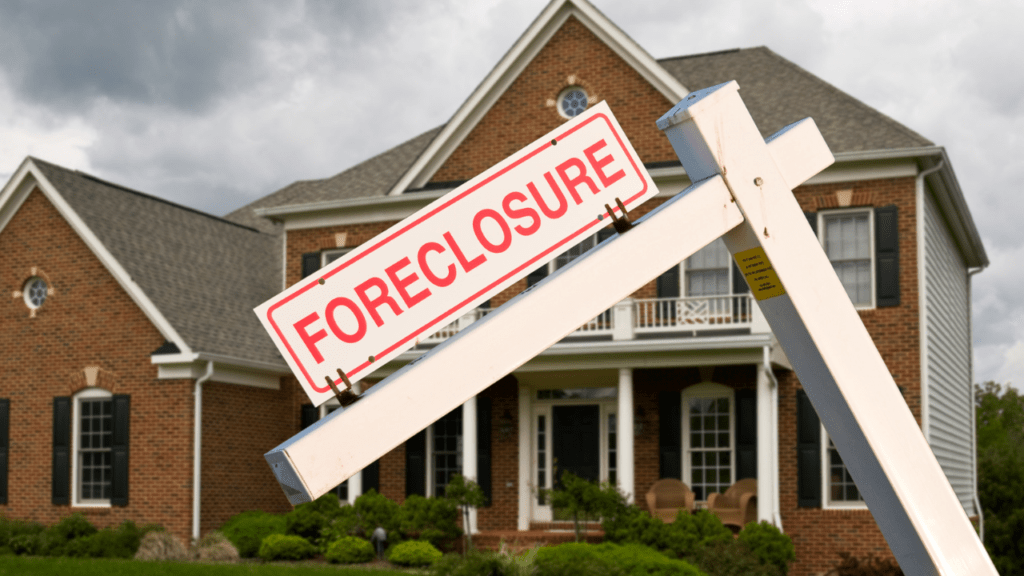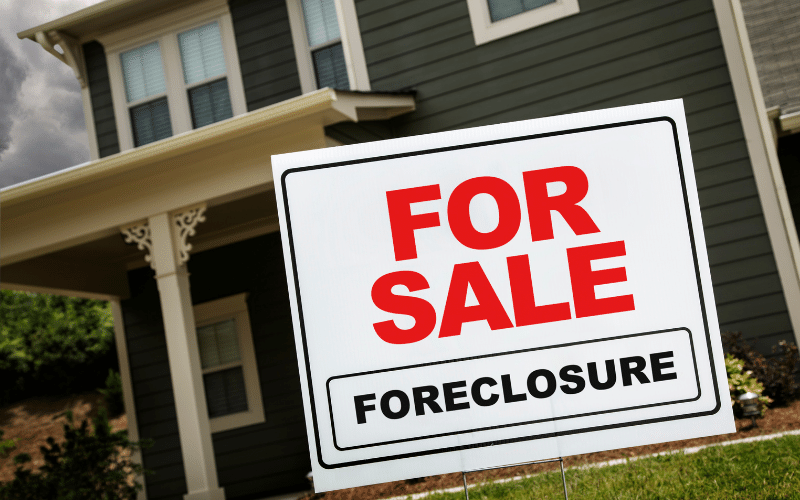Understanding Foreclosures
While house repossession is a great way for first-time homebuyers and investors to find great deals on properties, it’s devastating to the homeowner.
With more foreclosures and home repossessions happening than ever, many families are only a paycheck away from being in the house repossession process themselves.
More and more foreclosures and repossessions are happening every day, and this not only impacts you but your community.
One way to stop foreclosure is by first understanding the house repossession process.
The first step includes a transfer of your account to the in-house repossession department, where they will attempt to contact you for payment or other response.
As outlined by house repossession law, they have to then attempt to contact you and advise you of the impending repossession possibility. You are allowed a particular amount of time to try and come up with the money or stop the repossession process through other means.
This amount of time is set by the lender and should be outlined in your mortgage agreement or other disclosure agreements.

Repossessed House
The next step in the repossession of the house process is for the lender to have their lawyer send a letter to you regarding the amount past due and the start of a repossession process.
If you don’t take the time to respond to the letter, then the next step for the lending company is to file an order with the court that will send you a summons to a hearing.
If you don’t respond, the lawyers will file a repossession order with the court and the court will send you a summons to attend the hearing.
If you do not attend the hearing, the lender will win by default and be granted ownership and possession of your home.
If you attend the hearing, you have the option to plead your case, pay the amount or talk with the judge about a repayment plan to stay in your home.
If the latter happens and you default again, there are no additional hearings, the house becomes property of the bank, and you are out.
Property Foreclosure
Once the bank takes ownership of the home, then you have a set period of time to move, if you don’t an eviction order and warrant will be placed on you and, if need be, the police will show up to help you move out.
As with many legal issues, the more you know about the house repossession process, the more you are able to do to stop house repossession in the first place.
With a little knowledge and some passion for your home and family, you can work hard to stop house foreclosure from happening to you.
